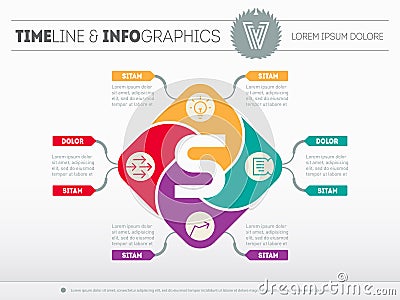
In the digital age, software programs have become essential tools for businesses across various industries. From streamlining operations to enhancing customer experiences, software programs play a pivotal role in driving efficiency and innovation. In this article, we explore the significance of software programs in modern business landscapes and how they contribute to success.
1. Enhancing Productivity and Efficiency:
Software programs automate repetitive tasks, reducing the manual workload and allowing employees to focus on higher-value activities. This leads to increased productivity and operational efficiency.
2. Streamlining Business Processes:
Tailored software programs can be designed to fit specific business needs. Whether it’s inventory management, sales tracking, or project management, customized software streamlines processes and minimizes errors.
3. Data Management and Analysis:
Software programs collect, store, and analyze vast amounts of data, providing valuable insights for informed decision-making. Businesses can identify trends, customer preferences, and areas for improvement.
4. Improving Customer Experiences:
Customer relationship management (CRM) software programs enable businesses to provide personalized experiences, track interactions, and manage customer inquiries, ultimately leading to improved customer satisfaction.
5. Enabling Remote Work and Collaboration:
Collaboration software and cloud-based platforms empower remote work and seamless collaboration among teams, enabling efficient communication, file sharing, and project management.
6. Innovation and New Opportunities:
Software programs open doors to innovation. They enable businesses to develop new products, services, and business models that cater to evolving market demands.
7. E-Commerce and Online Presence:
E-commerce platforms and website development software enable businesses to establish and expand their online presence, reaching a wider audience and boosting sales.
8. Data Security and Compliance:
Software programs provide tools for data encryption, access controls, and compliance with regulations like GDPR. Ensuring data security builds customer trust and avoids legal complications.
9. Marketing and Digital Advertising:
Marketing automation software streamlines campaigns, tracks customer engagement, and optimizes digital advertising efforts for maximum impact.
10. Continuous Improvement and Updates:
Software programs evolve over time with updates and improvements based on user feedback and technological advancements, ensuring they remain relevant and effective.
11. Cost Savings:
While initial investment in software development or licensing might be required, software programs can lead to long-term cost savings by reducing operational inefficiencies.
12. Scalability and Growth:
Software programs can be scaled to accommodate business growth without significantly impacting operations. This flexibility is crucial as businesses expand their reach.
Conclusion:
Software programs have transformed the way businesses operate, innovate, and interact with their customers. From streamlining processes and enhancing productivity to enabling remote work and fostering innovation, software programs are instrumental in driving success across industries. To stay competitive in today’s fast-paced digital landscape, businesses must embrace the potential of software programs and leverage their capabilities to unlock new opportunities, streamline operations, and achieve their goals. As technology continues to evolve, the strategic integration of software programs will remain a cornerstone of modern business strategies.